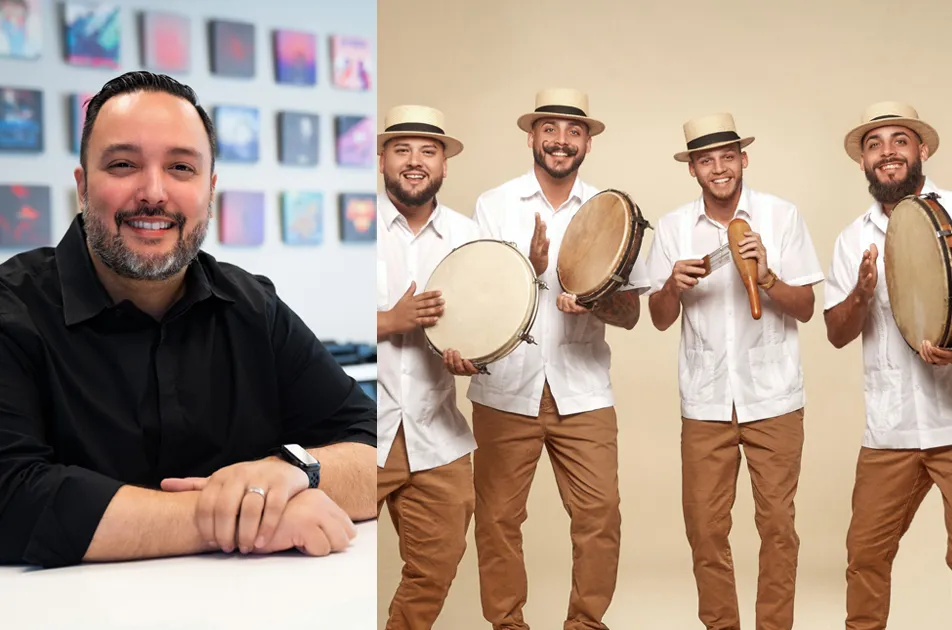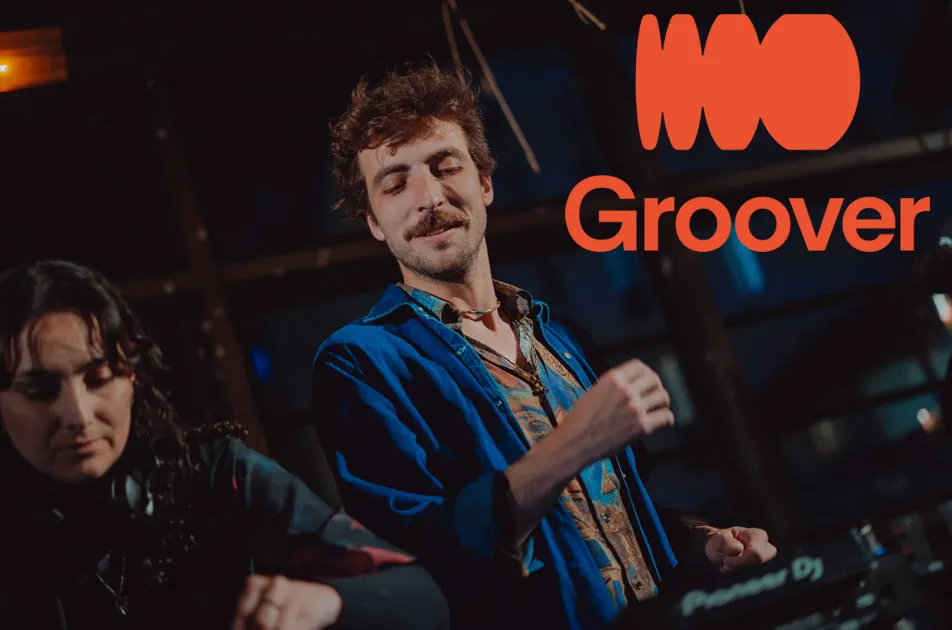Building Bridges — Why Local Culture Is the Key to Global Music Success
By Gui Morais, A&R & Client Development Manager (Europe), Symphonic Distribution
The global music scene isn’t shrinking, it’s exploding. Every day, roughly 100,000 new tracks hit streaming platforms. The competition has never been fiercer, and the real challenge for artists today isn’t just being heard but being remembered.
So, how does anyone stand out?
The answer is simple: artists who win globally aren’t trying to sound global. They’re staying true to where they come from and letting the world catch up.
A fantastic mentor once told me, “Global success doesn’t start with a strategy. It starts with identity.” I’ve seen that proven true countless times. From baile funk in Rio to drill in London, one thing has become clear: local culture isn’t a barrier to global reach, it’s the foundation of it.
For decades, breaking into the U.S. or U.K. was seen as the definition of success. Not anymore. The model has flipped. Artists break locally, and then the world follows. We just saw that in real time this month when Bololo Records reached #13 on Spotify’s Global Top 50 with a baile funk track. It first topped the charts in Brazil, then climbed internationally within days, fueled by social media, diaspora communities, and organic discovery. There was no global campaign, just authenticity, momentum, and a home base that believed. That’s the new playbook. When your home market believes in you, the world will listen. And Bololo isn’t the exception; this is happening every week with artists around the globe.
The numbers back this shift.
According to the IFPI Global Music Report 2025, global recorded-music revenues grew 4.8% year-on-year to $29.6 billion, with streaming making up 69% of total revenue. The fastest-growing territories are Latin America (+22.5%), MENA (+22.8%), and Sub-Saharan Africa (+22.6%), all led by artists deeply connected to their own sounds and stories. In Europe, research from the London School of Economics shows that local music now dominates national charts: Italy’s Top 10 rose from 30% local in 2017 to 70% in 2022, Poland from 10% in 2012 to 70% in 2022, and France’s Top 10 is now led by French-language rap.
The world isn’t flattening, it’s fracturing beautifully. Local stories are winning global hearts.
So what does this mean for artists, exactly? The data reinforces one truth: you need to act locally to grow globally. And when you analyze recent success stories, you start to see a pattern emerge:
- Start local. Your first market is your testing ground and your amplifier.
- Be authentic. Your story is your strategy, don’t trade it for algorithms.
- Use data wisely. Learn where your music connects and grow from there.
- Collaborate with intention. Work with artists who share your cultural language.
- Build community, not campaigns. Momentum built on trust travels further than hype.
Every artist dreams of international reach, but few stop to ask where their sound truly belongs.
Take Deekapz, an artist from Brazil I recently worked with. Their latest album blends R&B and Afrobeats, and though they aren’t from West Africa or Europe, it found natural traction in Nigeria, Ghana, and the U.K. because the sound made sense there. It wasn’t about chasing a trend; it was about connecting to an existing cultural rhythm. That connection led to editorial support from those regions, a clear validation of where their music resonates.
Social media, for all its chaos, accelerates that process. When a song connects, it crosses borders in hours, not months. Look at Tezz, a 17-year-old from France, who mixes French hip-hop with U.K. drill. In six weeks, he jumped from 200,000 to 700,000 Spotify Monthly Listeners organically. His strategy was simple but smart, creating content that resonated with both French- and English-speaking audiences, while keeping his sound authentic. That’s cultural fluency: knowing how to belong to more than one world at once. Global isn’t a location anymore, it’s a conversation.
Even artists at the top are reimagining this idea. Rosalía’s latest album, featuring songs in 13 different languages, reflects a new kind of global thinking, not by abandoning her roots, but by expanding how she communicates them. It’s not just about language, it’s about empathy. It’s about caring enough to connect with listeners wherever they are, without losing who you are.
The next wave of global stars isn’t coming from predictable places, it’s already rising from Medellín, Accra, Dublin, São Paulo, and Paris. The future of music isn’t about erasing borders; it’s about building bridges strong enough to carry culture across them.
On November 19 at 12pm ET via Zoom, four key A&R and business development leaders from Symphonic’s global team will discuss “Strategies for Breaking Into Global Music Markets.” In this webinar, open to artists and music professionals for free, regional leads from Latin America, Europe, Africa, and Asia Pacific will share insider insights on how to enter new territories, navigate cultural nuances, and build lasting global connections.
Join for free. RSVP and learn more here.





